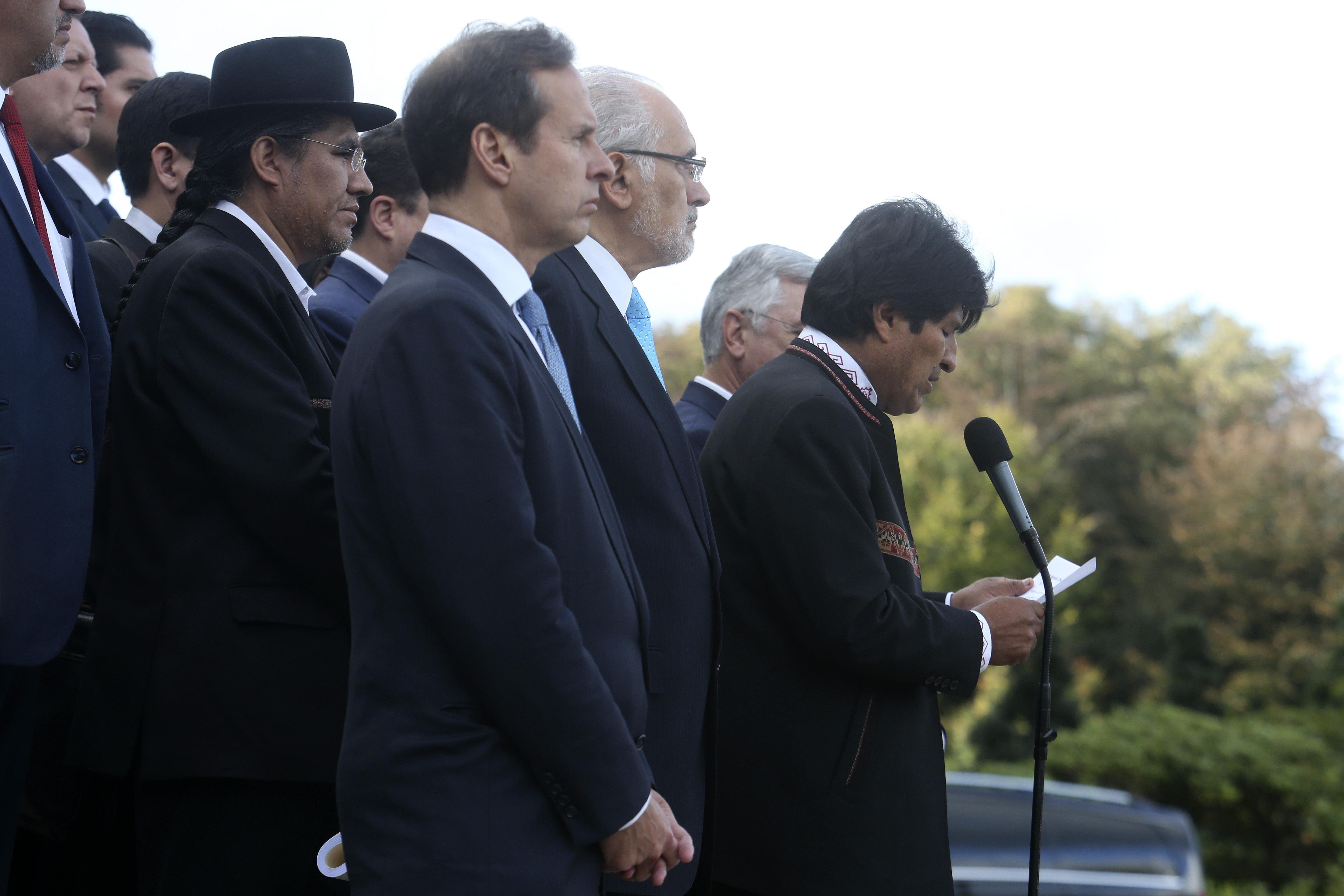This Monday, the president of Bolivia, Evo Morales, faced a massive defeat as the International Court of Justice (ICJ) rejected all his country’s arguments regarding the lawsuit filed against Chile in 2013, to make its neighbour negotiate a sovereign access to the sea.
Thus, the ICJ, with seat in The Hague, dismissed his maritime claim with a 12-3 vote: it could not conclude that Chile had an obligation to negotiate an access to the sea in favour of landlocked Bolivia.
Read as well: Chile and Bolivia’s five-year-long maritime dispute to reach an end this Monday
“The Court cannot accept the other submisisions presented by Bolivia (…). For this, the Republic of Chile did not undertake a legal obligation to negotiate an access to the sea with the Plurinational State of Bolivia”, said the president of the United Nations (UN) tribunal, Abdulqawi Ahmed Yusuf.
In total, Bolivia had 14 arguments, but none of those were considered to have any legal ground by the UN judges.
Nevertheless, the tribunal did suggest both countries to still engage in talks in a friendly manner because of the “mutual interests” they share.
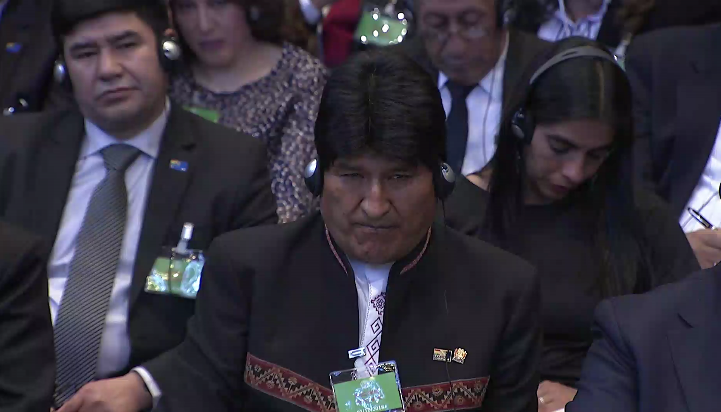
The Court’s judgment is final and unappealable, but Morales already affirmed that his country will not quit the search of regaining access to the Pacific Ocean, lost after the end of the War of the Pacific, in 1883.
Chilean president, conservative billionaire, Sebastián Piñera, cheered the positive verdict and described this Monday as a “great day for Chile, for international law and for international treaties”.
However, he accussed Morales of creating false expectations and inflicting great pain upon his people. He also lamented having wasted five “precious years” in Court, instead of working towards improving bilateral relations.
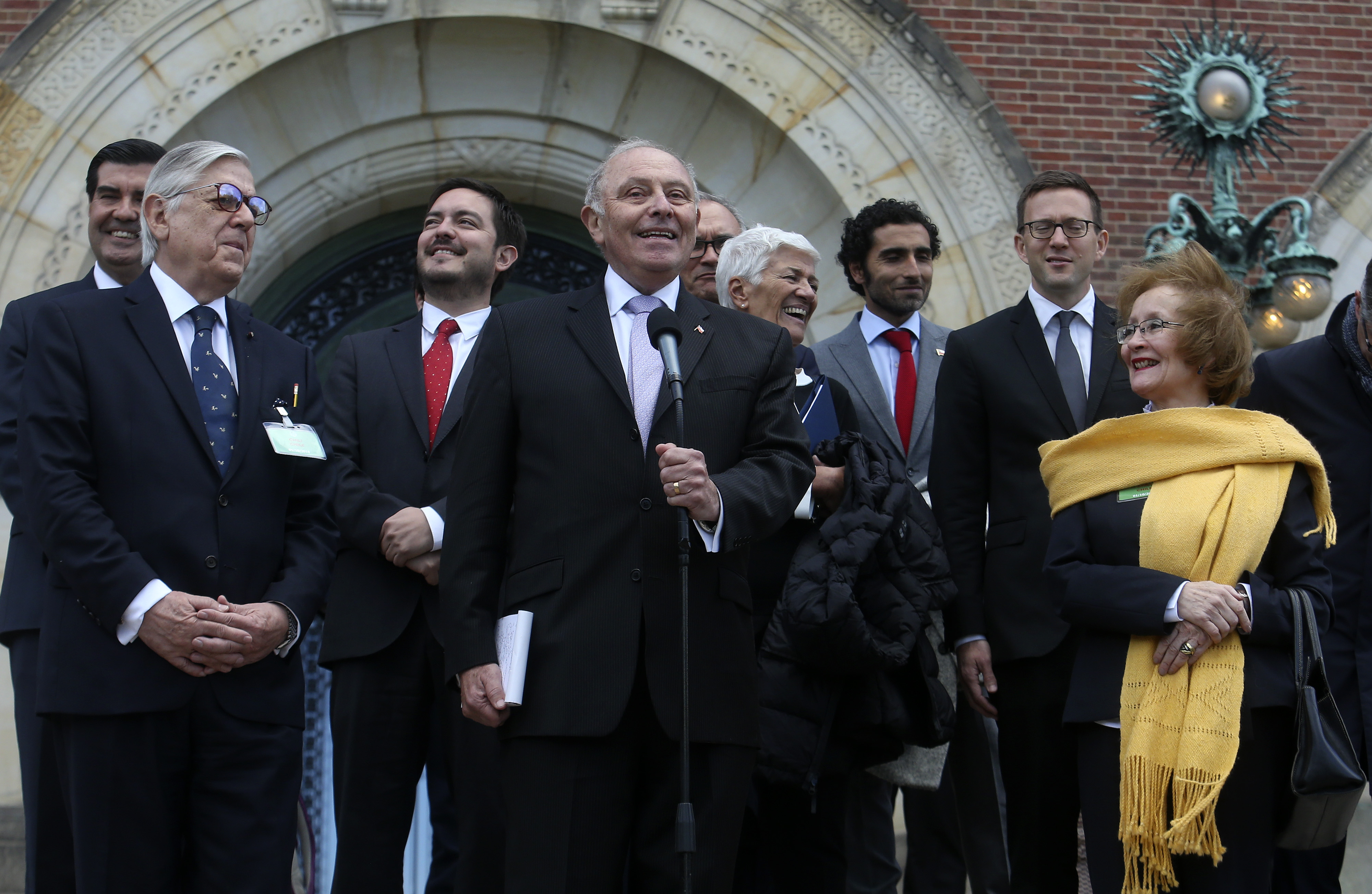
ICJ’s ruling
The ICJ refused Bolivia’s position that in 1920, 1950, 1961, 1975, 2000 and 2006, among other dates, Chile’s actions meant an explicit and legal obligation on its part to negotiate a sovereign access to the sea in favour of the andean nation.
With respect to the 1920 Acta Protocolarizada, the commitment made by Chilean State representatives did not constitute an agreement to negotiate anything.
“Chile expressed willigness that Bolivia gained access to the sea in the north of Arica”, but it was not a plain-spoken compromise, Yusuf stated.
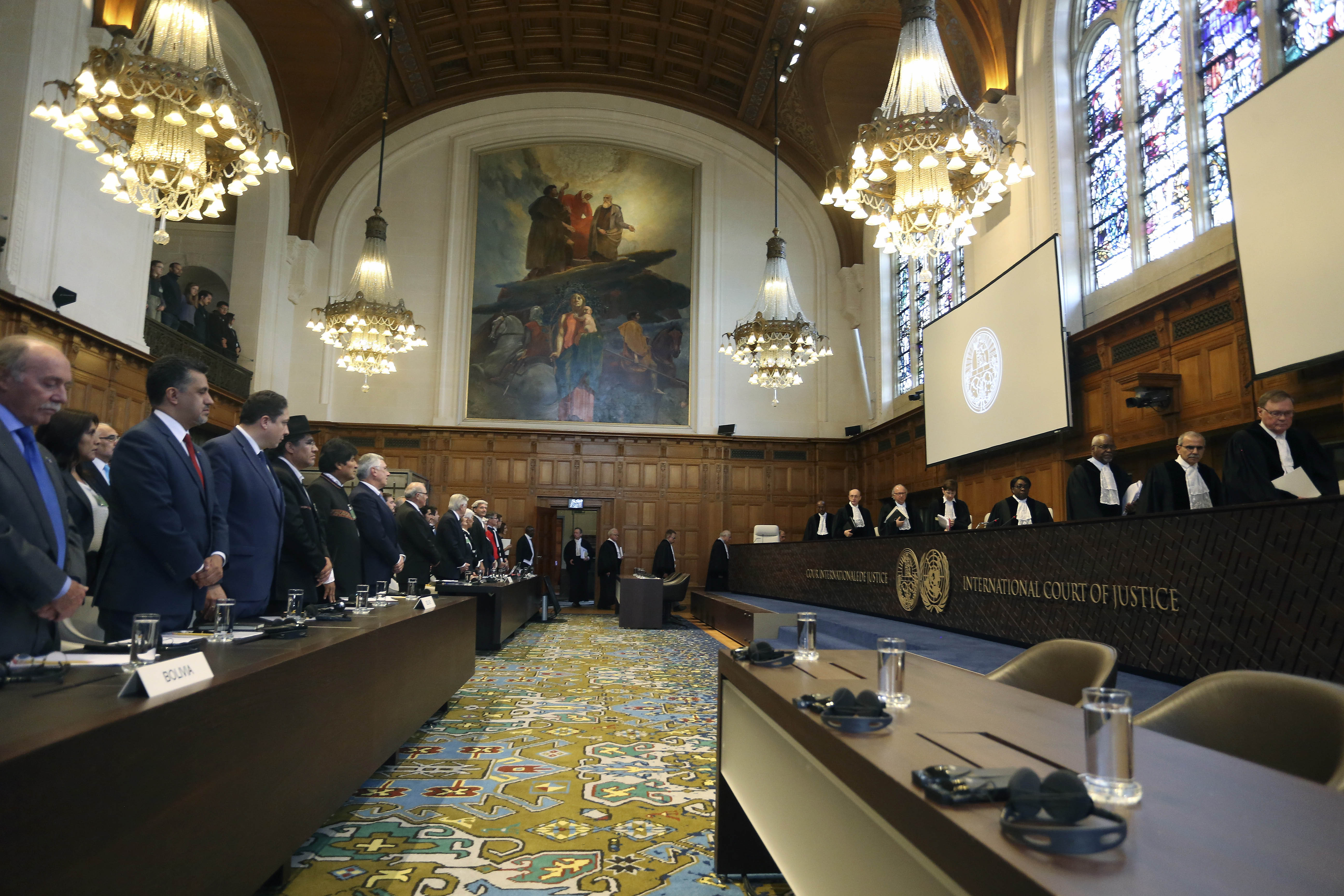
Regarding the 1950 exchanges of diplomatic notes between the two nations, those constituted a treaty in Bolivia’s opinion, but not in the ICJ’s view.
Also, according to the tribunal, the 1961 memoradum only represented a pact to enter negotiations for ocean access, nothing else.
Besides, the 1975 Charaña Declaration was presented as a legal base to negotiate on the Bolivian counterpart.
But dictator general Augusto Pinochet stated that, then, Chile expressed its wish to continue “the dialogue in different levels in order to search for formulas to solve the vital issuses that both countries face, such as the landlocked situacion that affected Bolivia”.
Such formal assertion was considered by Bolivia to have the legal force of a treaty, not in the Court’s opinion, as neither Charaña nor the other statements that followed created or confirmed a legal obligation whatsoever.
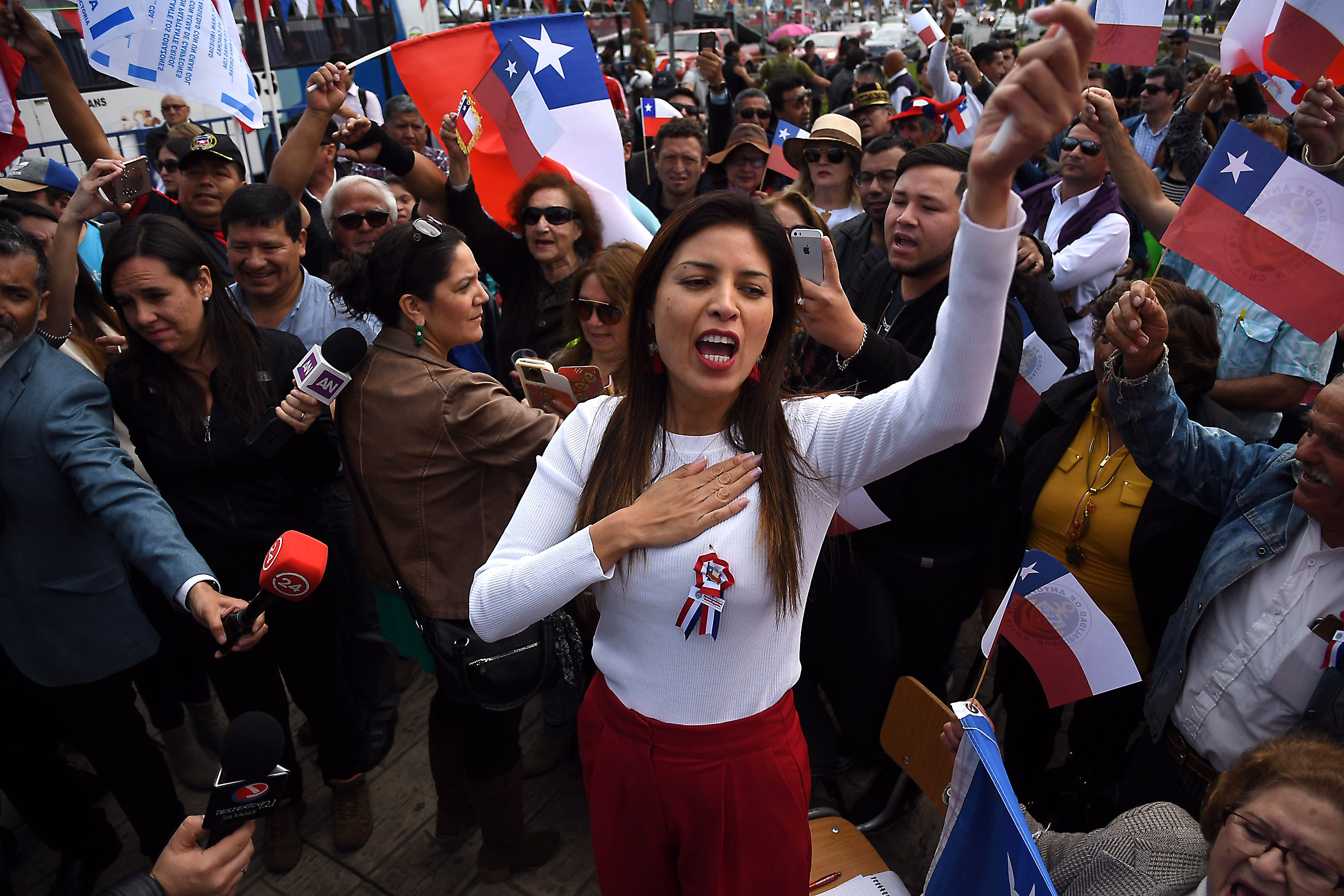
“The parties did not express the intention to make the declaration binding”, Yusuf said. “It has the nature of a political document, which expresses cordiality between two countries”, he added.
Besides, the 2000 Algarve Declaration was considered to be an agenda in which the willingness to engage in talks was established, document that did not include Bolivia’s landlocked situation.
Finally, the 2006 Chile Working Group of Bilateral Affairs, and its 13 point agenda, only addressed Bolivia’s maritime claim to be discussed.
The altiplanic nation characterized it as a binding document and argued it was understood by both parties. Chile said it accepted the inclusion of point 6 without acknowledging a pre-existing condiditon to negotiate.
For Bolivia, the War of the Pacific resulted in the loss of almost 400 kilometers of coastline and around 110 thousand square kilometers of land. On the other hand, the 1904 Treaty of Peace and Friendship settled the current borders.
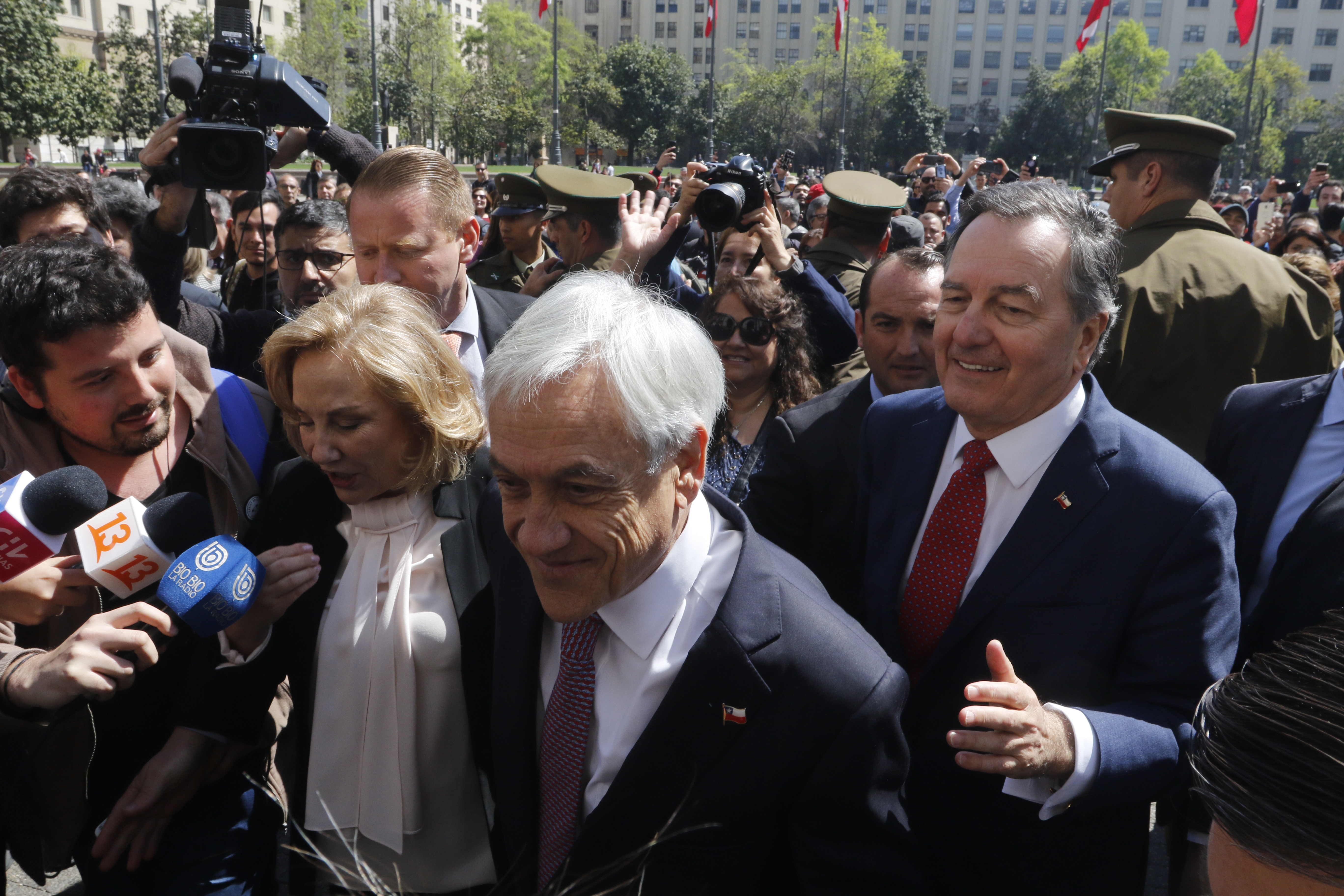
Reelection
Many believed that Morales, had he been successful, would have used his ICJ victory as a way of fostering his fourth candidacy, even though the current Bolivian Constitution forbids over three consecutive periods in office.
The Electoral Tribunal has to decide whether to accept his wish to run a new campaign or not, bid that was previously supported by the Constitutional Tribunal.
So far, Morales has announced and confirmed that he will participate in the January 2019 primaries, 13 years after taking office, in 2006.
However, his disapproval ratings surpass his approval rates and the defeat at The Hague will ceratinly weaken his figure, at least according to the analyst and academic at Escuela Complutense Latinoamericana para Bolivia, José Rafael Vilar.
“It would snatch his administration’s success arguments at a time of reelection enthusiasm by the coalition in power, with a significant economy backlash”, he affirmed on Sunday.
